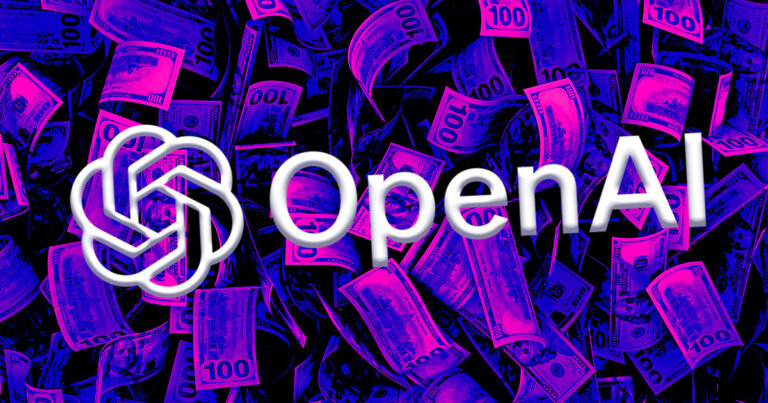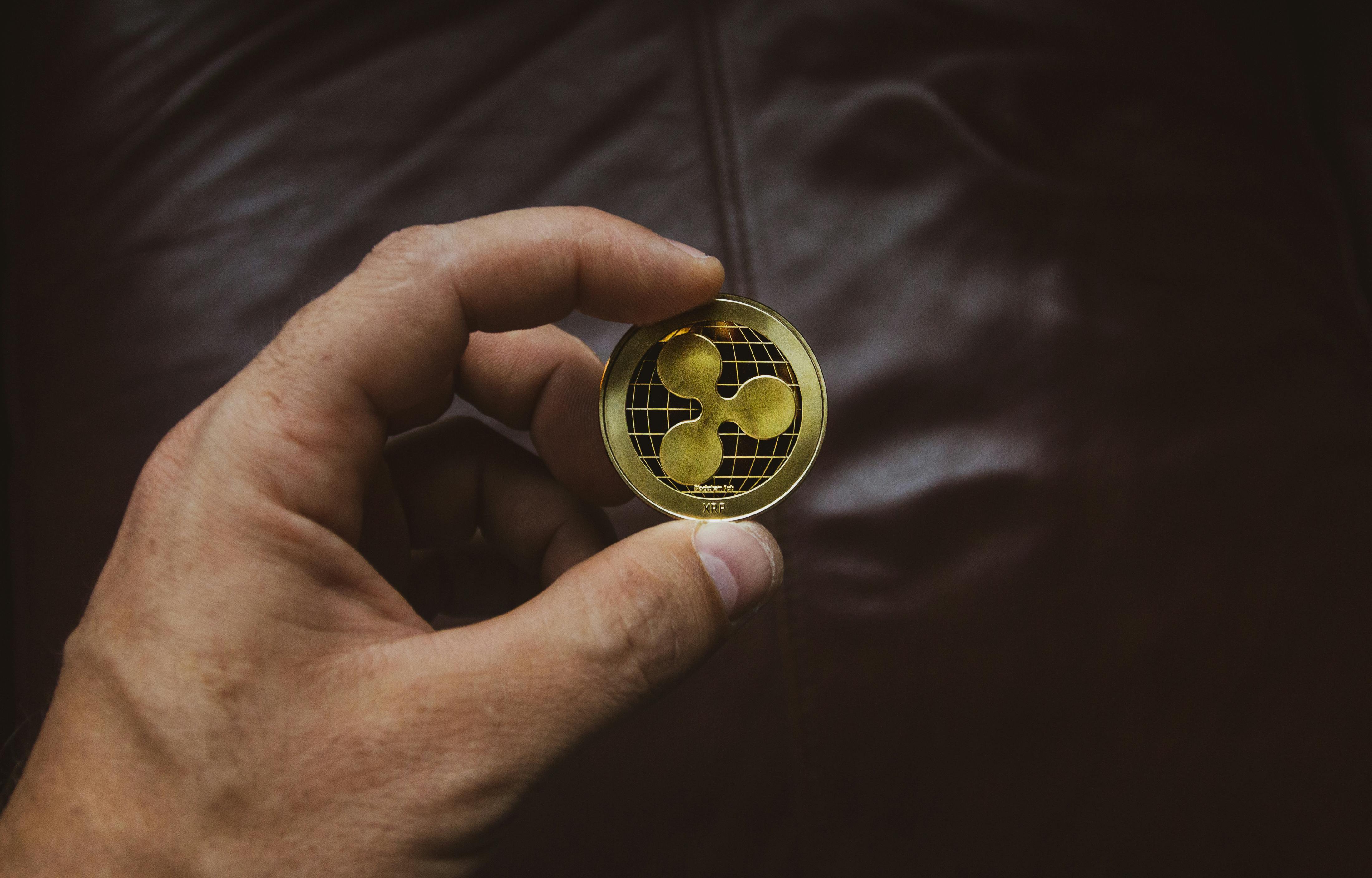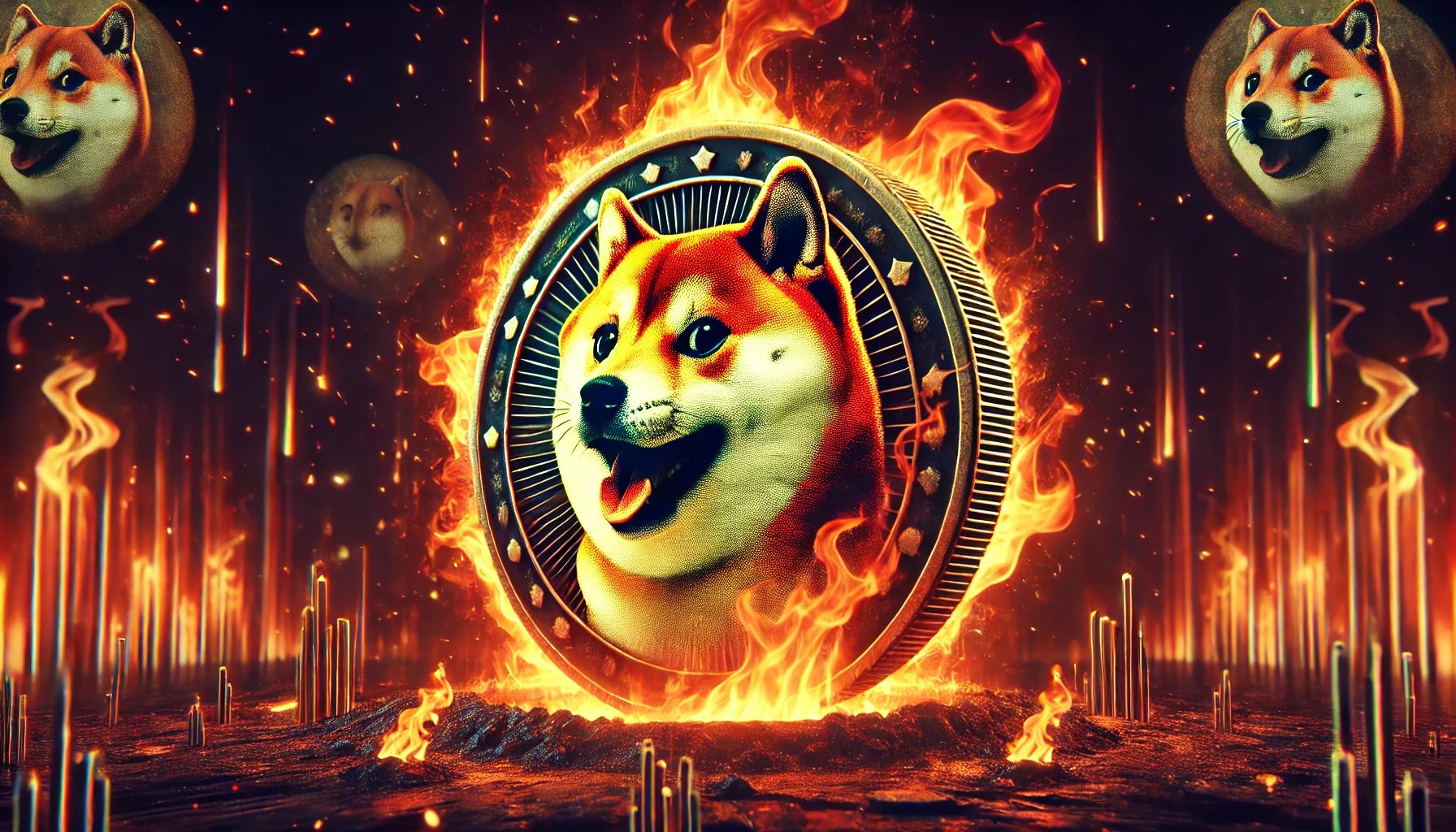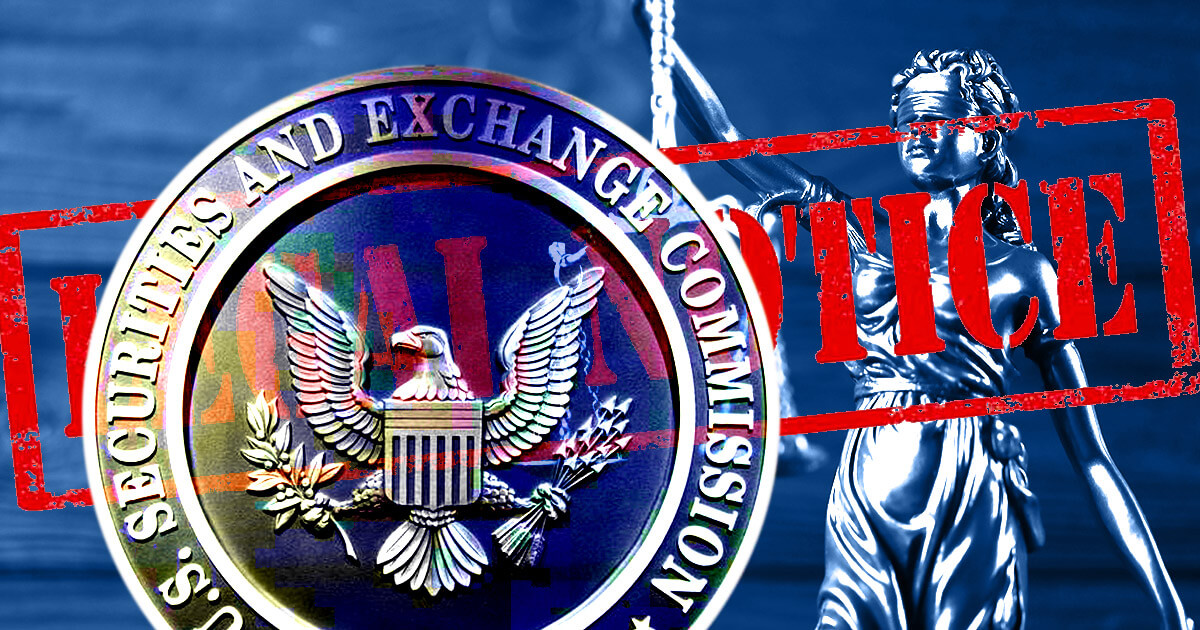 Canadian media giants sue OpenAI over ChatGPT’s alleged copyright violations Assad Jafri · 28 seconds ago · 2 min read
Canadian media giants sue OpenAI over ChatGPT’s alleged copyright violations Assad Jafri · 28 seconds ago · 2 min read
Canadian media outlets are seeking protection against unauthorized use of content amid rising AI disputes in their lawsuit against OpenAI.

Cover art/illustration via CryptoSlate. Image includes combined content which may include AI-generated content.
A coalition of Canadian media organizations has launched a lawsuit against OpenAI, claiming the company’s ChatGPT product infringed copyrights by utilizing their journalism without authorization, according to a Nov. 29 court filing.
The plaintiffs include prominent outlets such as CBC/Radio-Canada, The Toronto Star, and The Globe and Mail. They are seeking damages and an injunction to prevent OpenAI from continuing to use their content.
The lawsuit, filed in the Ontario Superior Court of Justice, accuses OpenAI of extracting and profiting from Canadian news content without permission.
The group alleged:
“OpenAI is capitalizing on the use of our content, disregarding copyright laws and online terms of use.”
OpenAI defended its practices, stating that its AI models are trained on publicly available information under the principles of fair use and related copyright laws. The company also highlighted its partnerships with news organizations and its opt-out options for publishers.
An OpenAI spokesperson told reporters:
“ChatGPT is used by millions worldwide to enhance creativity and solve complex problems. We collaborate with publishers to ensure attribution and offer tools for them to control how their content is engaged with on our platform.”
However, the plaintiffs argue that OpenAI’s activities undermine the value of journalism by repurposing it for commercial gain. They also challenged OpenAI’s reliance on fair use, emphasizing that their journalism is intended to serve the public interest and should not be exploited for profit.
This case joins a growing number of lawsuits against OpenAI and other AI companies over the use of copyrighted materials for model training. Earlier this year, OpenAI acknowledged to a UK committee that training its current AI systems without incorporating copyrighted materials would not be feasible.
The company has also faced scrutiny for missteps, including a recent admission that engineers inadvertently erased critical evidence related to AI training data. The outcome of this case could have significant implications for copyright law in the AI era as courts grapple with the balance between innovation and intellectual property rights.


















 English (US) ·
English (US) ·